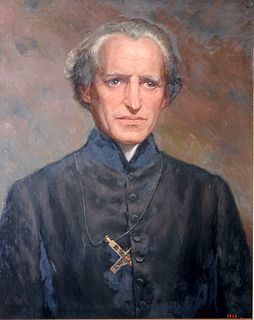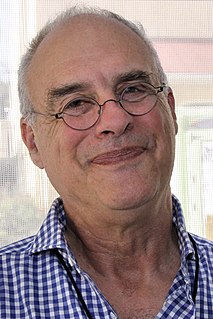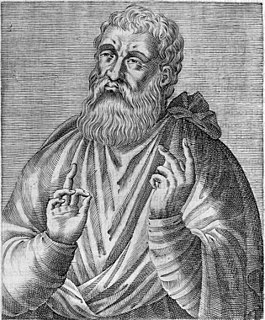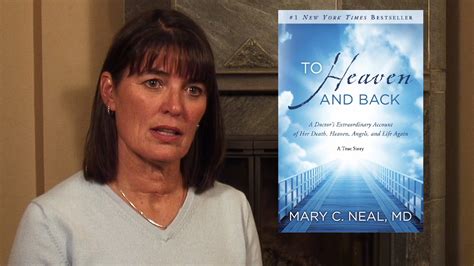A Quote by Isaac Barrow
The fruits of the earth do not more obviously require labor and cultivation to prepare them for our use and subsistence, than our faculties demand instruction and regulation in order to qualify us to become upright and valuable members of society, useful to others, or happy ourselves.
Related Quotes
The pleasure of a good act is something to be remembered - not in order to feed our complacency but in order to remind us that virtuous actions are not only possible and valuable, but that they can become easier and more delightful and more fruitful than the acts of vice which oppose and frustrate them.
But life cannot maintain itself alone. The Creator of life has entrusted us with the responsibility of preserving, developing, and perfecting it. In order that we may accomplish this, He has provided us with a collection of marvelous faculties. And He has put us in the midst of a variety of natural resources. By the application of our faculties to these natural resources we convert them into products, and use them. The process is necessary in order that life may run its appointed course.
We have no paupers ... The great mass of our [United States] population is of laborers; our rich, who can live without labor, either manual or professional, being few, and of moderate wealth. Most of the laboring class possess property, cultivate their own lands, have families, and from the demand for their labor are enabled to exact from the rich and the competent such prices as enable them to be fed abundantly, clothed above mere decency, to labor moderately and raise their families. ... Can any condition of society be more desirable than this?
No bit of the natural world is more valuable or more vulnerable than the tree bit. Nothing is more like ourselves, standing upright, caught between heaven and earth, frail at the extremities, yet strong at the central trunk, and nothing is closer to us at the beginning and at the end, providing the timber boards that frame both the cradle and the coffin.
We ourselves were well conversant with war, murder and everything evil, but all of us throughout the whole wide earth have traded in our weapons of war. We have exchanged our swords for plowshares, our spears for farm tools...now we cultivate the fear of God, justice, kindness, faith, and the expectation of the future given us through the Crucified One....The more we are persecuted and martyred, the more do others in ever increasing numbers become believers.
We know that material things don't offer contentment, but we still buy more-more of the props and gadgets our culture tells us we must have in order to be happy and "happening." Our addiction to consumption distracts us from seeing that we are disconnected from ourselves, from our truth and from one another. Any euphoria we gain from our material gains is fleeting at best.
Since all of us desire to be happy, and since we evidently become so on account of our use—that is our good use—of other things, and since knowledge is what provides this goodness of use and also good fortune, every man must, as seems plausible, prepare himself by every means for this: to be as wise as possible. Right?
Anger is a tool for change when it challenges us to become more of an expert on the self and less of an expert on others. . . .If, however, we do not use our anger to define ourselves clearly in every important relationship we are in--and manage our feelings as they arise--no one else will assume this responsibility for us.
Teach him to live rather than to avoid death: life is not breath, but action, the use of our senses, our mind, our faculties, every part of ourselves which makes us conscious of our being. Life consists less in length of days than in the keen sense of living. A man maybe buried at a hundred and may never have lived at all. He would have fared better had he died young.








































